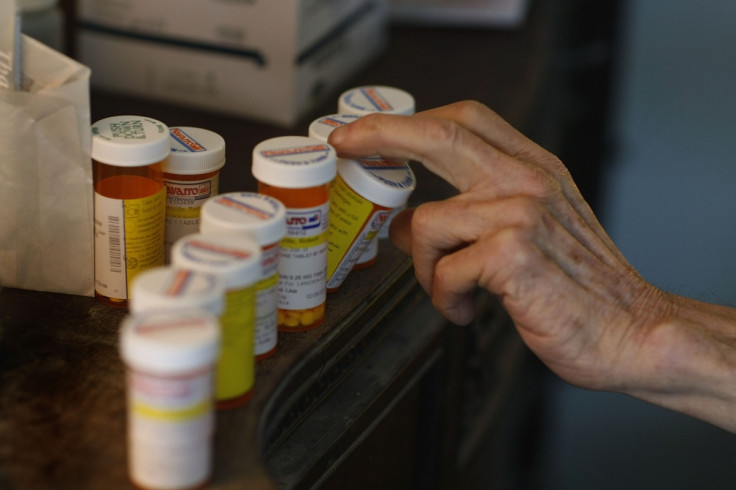Analysts observe dynamic trend of prescription drug use amid COVIDd-19 pandemic
With well over 100 million customers, the Express Scripts reported three-month refills which jumped up to 18 percent in the months of March to April.
At the peak of the 2019 novel coronavirus outbreak, medical industry analysts have made several observations. These include the effects of precautionary measures, the accuracy of testing methods, and the effectiveness of certain medications among others. With governments urging citizens to isolate at home to prevent transmissions, the number of doctor visits is remarkably lower than before. Moreover, outpatient consultations in hospitals are likewise below what was expected. It appears that this has affected the pharmaceutical market given the need for prescription drugs.
Since most people with underlying conditions were instructed to keep away from public places and hospitals due to the highly contagious nature of SARS-CoV-2, many have prepared ahead of time. Those who suffer from chronic health issues already secured more than enough supplies of the medication they need, on the other hand, those who were unable to opt for refills, opted for mail delivery instead. According to ABC News, the data was provided by a notable prescription benefit manager called Express Scripts.
With well over 100 million customers, the group reported three-month refills which jumped up to 18 percent in the months of March to April. What followed was a slower demand for prescription medication. This was supposedly attributed to several possible factors: job loss, health insurance coverage, or fear of infections from healthcare establishments.
In an interview with the aforementioned company's Senior Vice President and Chief Innovation Officer Dr. Glen Stettin noted, "the shifts began around Feb. 15, and they peaked the week ending March 15, when the stay-at-home orders started to go into effect." He likewise expressed concern that the ongoing COVID-19 pandemic might put people with diabetes, high cholesterol, and high blood pressure at risk since these normally have "silent symptoms."

Stettin also confirmed what was indicated by recent news wherein the health crisis saw an upsurge of mental health problems such as anxiety among people. This apparently led to shortages of a specific drug identified by its generic name as Sertraline or Zoloft from Pfizer. Surprisingly, the last time it recorded a similar jump in demand was shortly after the 9/11 attacks, but the latest one related to COVID-19 is definitely higher.
© Copyright IBTimes 2025. All rights reserved.





















